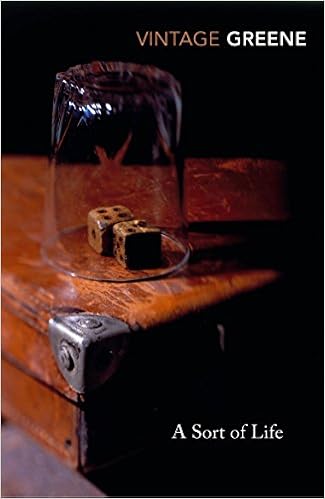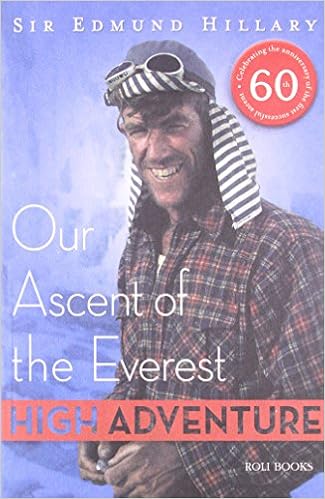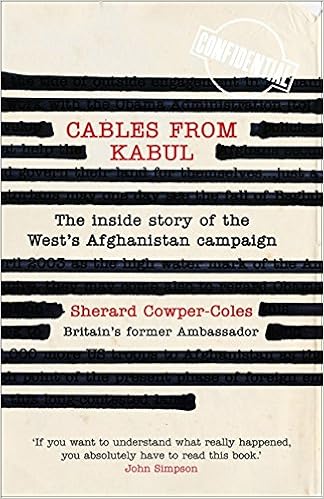Book Chaupal
Hi!
Writing is a lonely occupation. But the produce of your solitary labour is to be consumed by many. Maestros, who have bothered to write about their craft, have advised fledglings to be wary of an imaginary reader looking down their shoulder as they write. This ghost reader is a reminder that though you write to sate an inner desire, your ultimate aim is to be read. Your words will be read in your absence. Short of these words, there wouldn’t be anyone else to sing your thoughts. How much ever you may try to straighten your words, these are the children of your imagination. You understand them instinctively. It is difficult to anticipate if the future reader will be able to grasp them as readily. And opaqueness in writing is a mighty put-off, killing it instantaneously. This thought bugs me constantly as I tap the keys and see a sentence emerging on the screen of the monitor.
 I
like reading about the life of authors I admire. I usually desist picking up
one, until I have read a few books by the author. This enables me to appreciate
how writer’s life influenced his later work. Occasionally, I recognise the
footprint of a vivid experience, a vicissitude of his past life, in one of his
books, in form of its theme or a character. This enhances my experience of the
auto/biography. I have earlier written
about some of Graham Greene books. He wrote his autobiography in two parts. A Sort of Life, was the first of these. It is written with the same sagacity,
erudition and sensitivity as his other books. It is an unmissable booty for
Greene fans.
I
like reading about the life of authors I admire. I usually desist picking up
one, until I have read a few books by the author. This enables me to appreciate
how writer’s life influenced his later work. Occasionally, I recognise the
footprint of a vivid experience, a vicissitude of his past life, in one of his
books, in form of its theme or a character. This enhances my experience of the
auto/biography. I have earlier written
about some of Graham Greene books. He wrote his autobiography in two parts. A Sort of Life, was the first of these. It is written with the same sagacity,
erudition and sensitivity as his other books. It is an unmissable booty for
Greene fans.
 Jon
Krakauer’s Into Thin Air introduced me to the vicarious pleasures of climbing
high mountains and the risks it entails. I then acquired and read many memoirs
by accomplished climbers. Sir Edmund Hillary’s memoir of his 1953 Everest climb,
High Adventure- Our Ascent of Everest is one of the best in this genre.
Its effortless, conversational prose is as endearing, as the story it narrates.
Jon
Krakauer’s Into Thin Air introduced me to the vicarious pleasures of climbing
high mountains and the risks it entails. I then acquired and read many memoirs
by accomplished climbers. Sir Edmund Hillary’s memoir of his 1953 Everest climb,
High Adventure- Our Ascent of Everest is one of the best in this genre.
Its effortless, conversational prose is as endearing, as the story it narrates.
 Journalism
is history’s ‘first draft’. It remains the most significant source of facts for
future historians. Memoir of people holding important public portfolio during
momentous times are also vital for recording history. Though, a sagacious
appraisal of these is must to sift truth from subjective view point of the
author. I have written earlier about my love for Afghanistan, after I spent
fourteen months in this fascinating country as an anaesthesiologist with the
Indian Medical Mission. Later, I read many books on the country and the
conflict. Sherard Cowper Coles was British ambassador in Afghanistan from 2007
to 2009, when West’s war against terrorism (a terminology coined in US), led by
USA was in full swing. Cables from Kabul, his memoir of this period, is
a balanced analysis by representative of one of the major players in this
drama. People interested in this long-running conflict will find the book
worthy of the time spent on it.
Journalism
is history’s ‘first draft’. It remains the most significant source of facts for
future historians. Memoir of people holding important public portfolio during
momentous times are also vital for recording history. Though, a sagacious
appraisal of these is must to sift truth from subjective view point of the
author. I have written earlier about my love for Afghanistan, after I spent
fourteen months in this fascinating country as an anaesthesiologist with the
Indian Medical Mission. Later, I read many books on the country and the
conflict. Sherard Cowper Coles was British ambassador in Afghanistan from 2007
to 2009, when West’s war against terrorism (a terminology coined in US), led by
USA was in full swing. Cables from Kabul, his memoir of this period, is
a balanced analysis by representative of one of the major players in this
drama. People interested in this long-running conflict will find the book
worthy of the time spent on it.
 Sex
is a baffling subject in the evolution of living organisms. Wouldn’t asexual
form of reproduction, like bacteria, be more economical? Why should there be
two sexes? What benefit does sexual reproduction offer over asexual? It must proffer
a huge one because it is nearly ubiquitous in the world of multicellular
organisms. Matt Ridley, a journalist who writes on science subjects for
laypersons, has written many popular books on evolution. In this book, Red Queen: Sex and the Evolution of Human Nature, he discusses the extant knowledge
on the topic of evolution of sex and how it influences human nature. These are
fascinating themes. Ridley tells the story well.
Sex
is a baffling subject in the evolution of living organisms. Wouldn’t asexual
form of reproduction, like bacteria, be more economical? Why should there be
two sexes? What benefit does sexual reproduction offer over asexual? It must proffer
a huge one because it is nearly ubiquitous in the world of multicellular
organisms. Matt Ridley, a journalist who writes on science subjects for
laypersons, has written many popular books on evolution. In this book, Red Queen: Sex and the Evolution of Human Nature, he discusses the extant knowledge
on the topic of evolution of sex and how it influences human nature. These are
fascinating themes. Ridley tells the story well.
John Le Carre’s latest book, Agent
Running in the Field, was published last year, when he turned eighty-eight.
His first book was published in 1961 and was Call for the Dead. It was
later filmed as The Deadly Affair. A successful writing career going on
for six decades! It must be unique in the world of writing. Many books after
being turned into successful films are reissued by the name of their film
version. My copy is titled The Deadly Affair. It is a short, riveting
book. All elements of Le Carre’s writing are there; concise prose,
deglamourized spies in their dinghy offices immersed in their clerk-like
work-a-day lives and life of subterfuge insidiously affecting their family
lives. Le Carre fans should not miss the book, which some of them may have, as
it is not as popular, as his other spy stories. If not for anything, then they
would read it for the fact that with this book was born Le Carre’s famous
protagonist: the stocky, short-sighted, fond of literature, diffident and
cuckolded George Smiley, a MI6 spy.


Sir thank you so much for writing such reviews of the books you have read, Now I confidently drop the name or two during conversations making others feel that I am a bibliophile. My wish list just keeps adding up with each blog of yours, hope I am able to enjoy these gems.
ReplyDelete